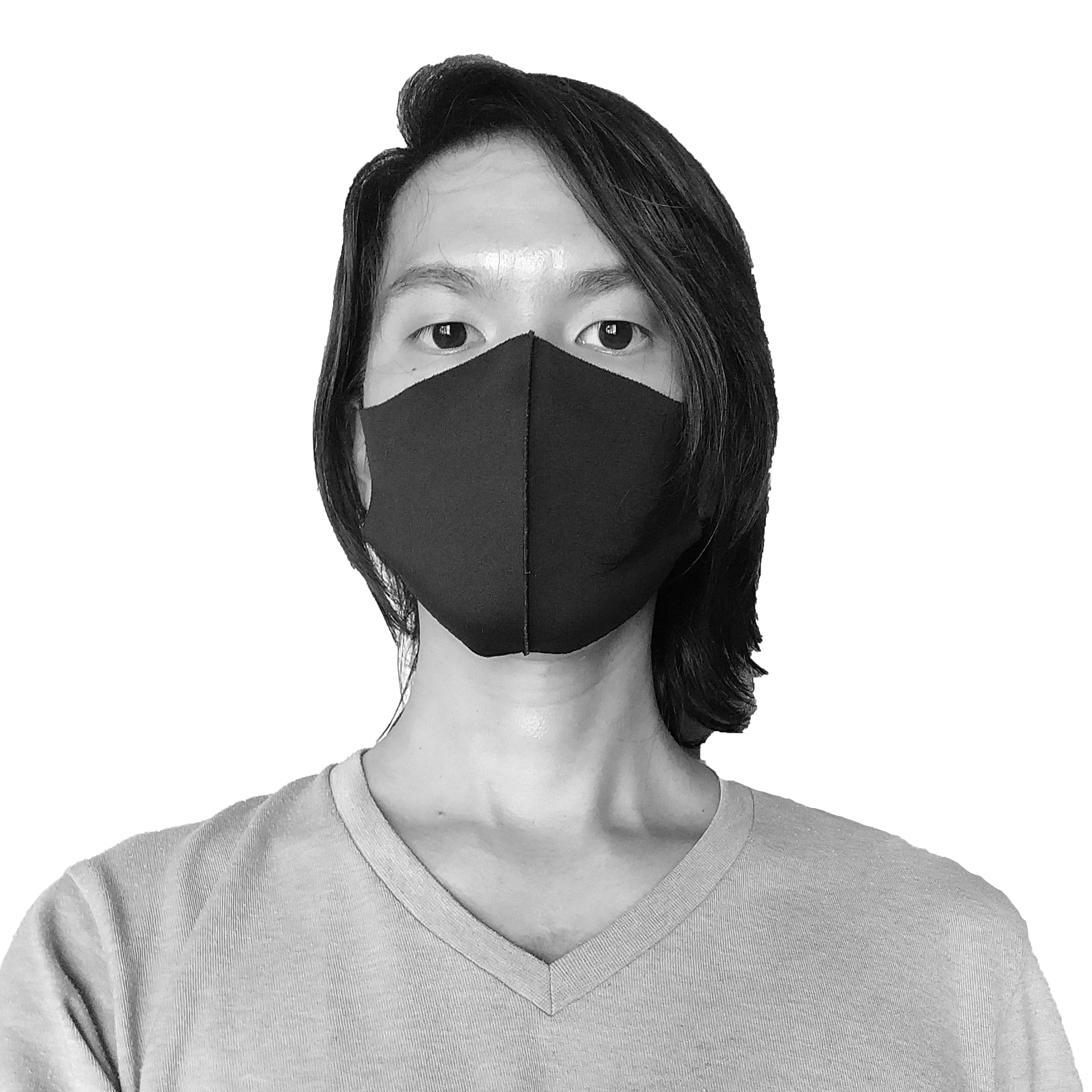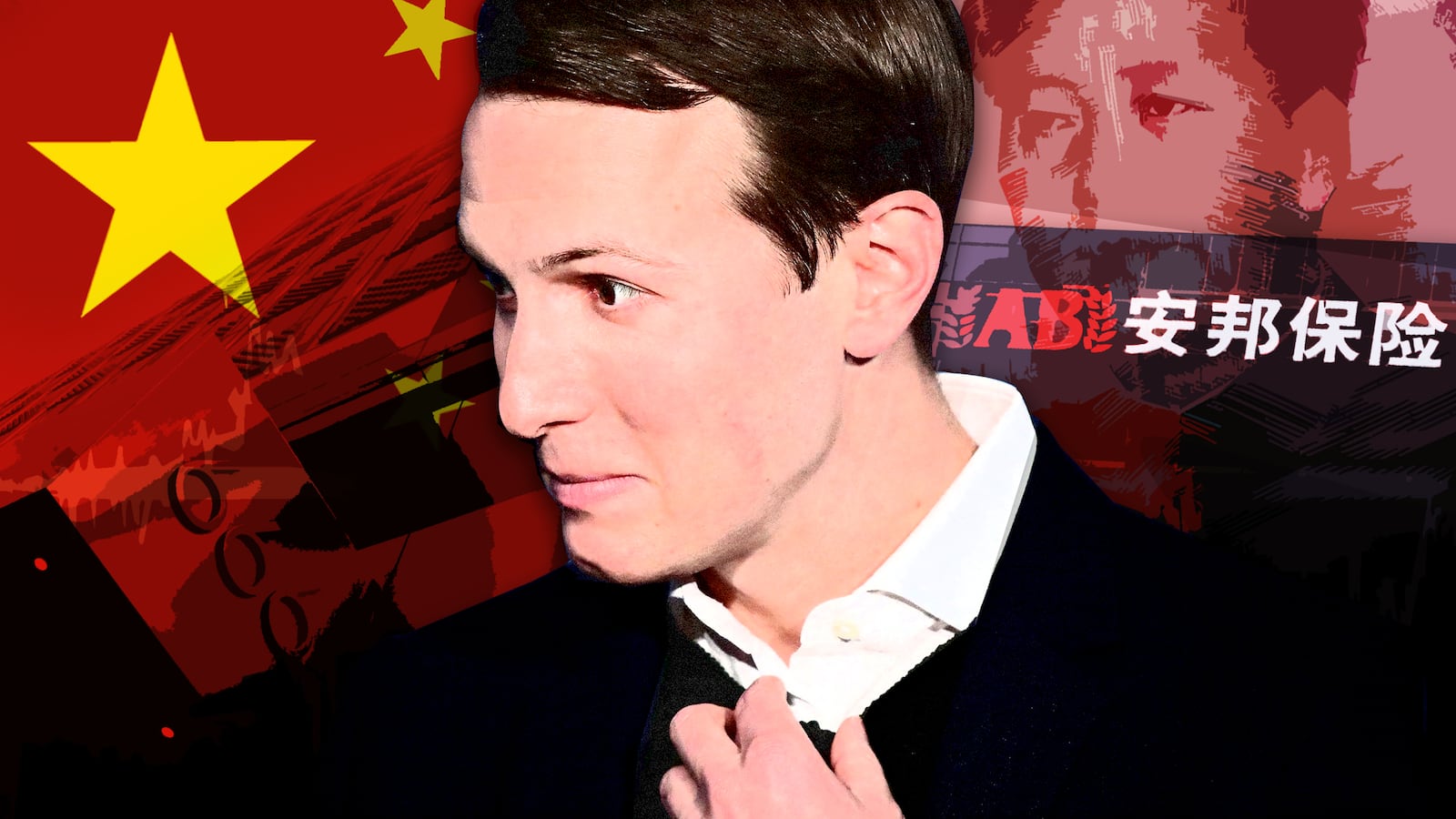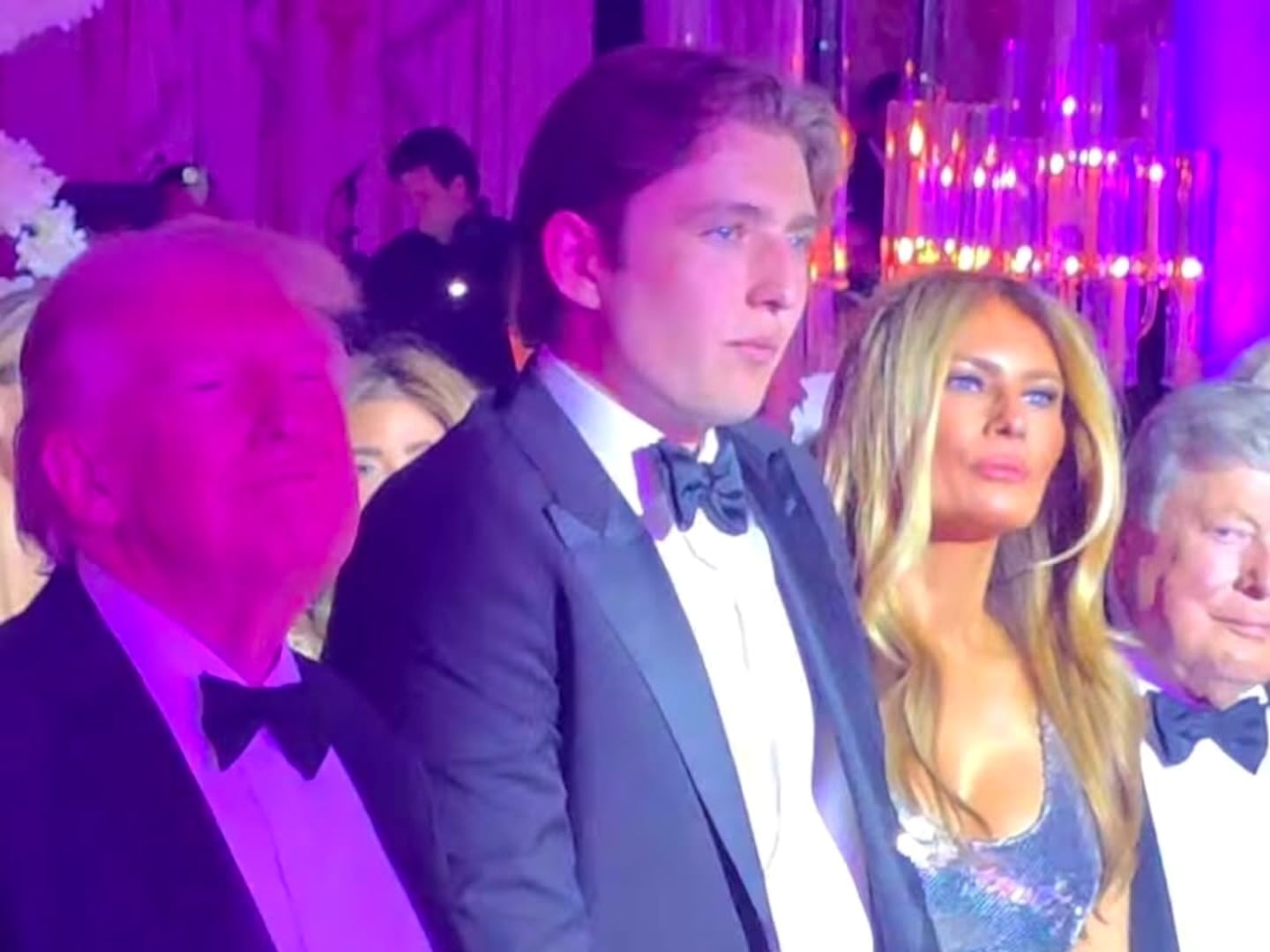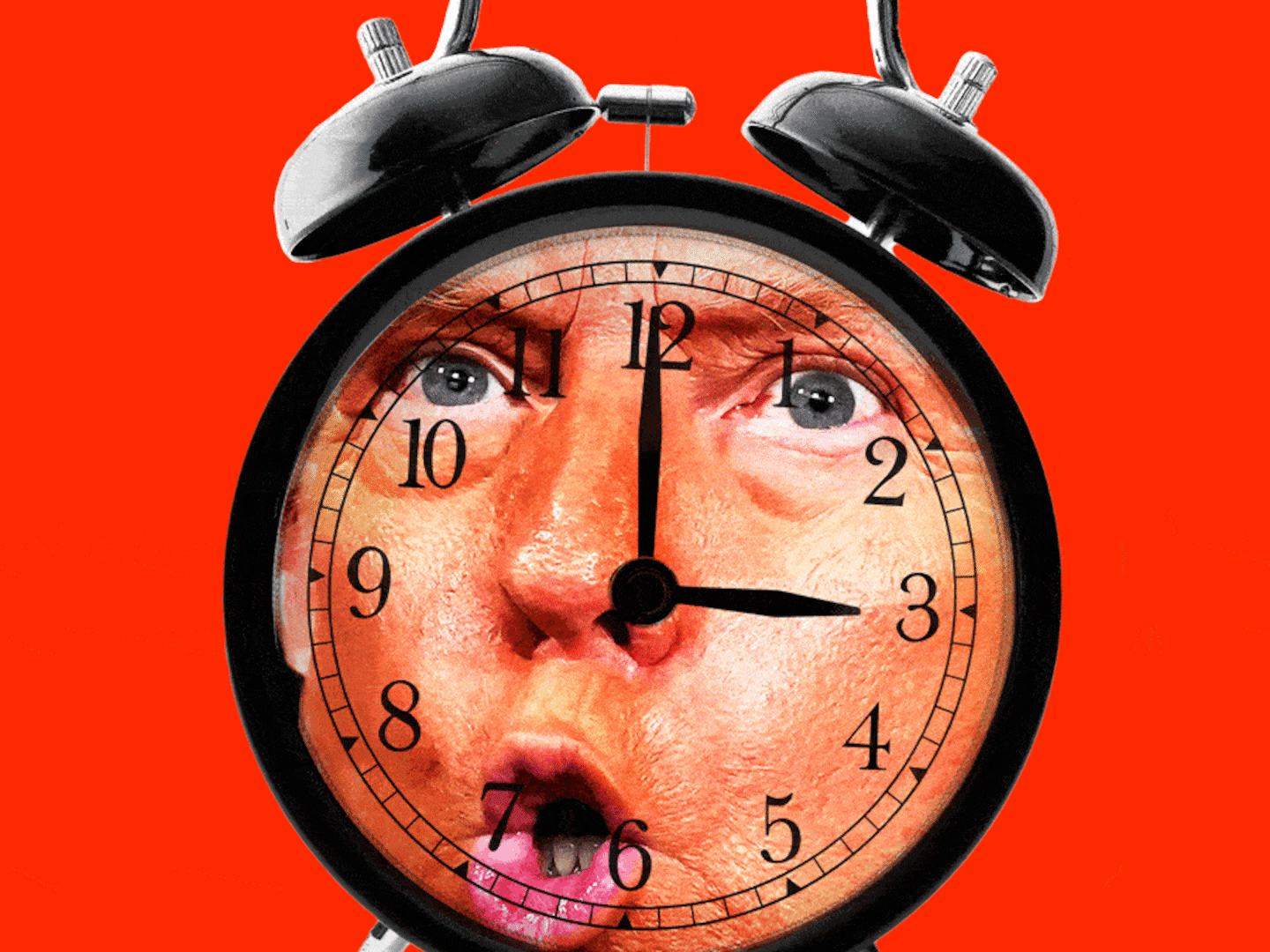HONG KONG—Roy Jones, 49, managed the social media accounts for Marriott International. One night, while browsing the notifications for his employer on Twitter, Jones noticed a Tibetan separatist group’s post about Marriott listing Tibet, Hong Kong, and Taiwan as their own countries. He “liked” the tweet using the company’s account. Then, as The Wall Street Journal reported, he got fired.
The hotel chain quickly denounced the listing as a mistake, and severed business ties with the contractor that had generated the country listings. They were also ordered to suspend bookings for 300 branches in China for a week. This month, copies of Chinese President Xi Jinping’s book The Governance of China were spotted in Marriott hotel rooms in China where one might think to find Gideon Bibles in some other establishments.
American companies often buckle under the weight of the Chinese Communist Party, yielding to Beijing’s demands. And some are fawning from the start, actively wooing Chinese investors of the highest caliber. For instance, the sister of American princeling Jared Kushner met with 100 potential clients in Beijing’s Ritz-Carlton Hotel last summer in hopes of hawking real estate—and EB-5 “investor” visas—to well-heeled Chinese spenders, bluntly invoking the Kushner presence in the White House as a selling point.
Just weeks before that shameless display in the Chinese capital, Kushner’s family was also in talks with Anbang Insurance Group, a Chinese conglomerate, to redevelop 666 Fifth Ave., the flagship holding of Kushner Companies in New York.
Anbang is the archetype of Chinese state-owned enterprises. Though nominally an insurance company, it provides an array of financial services, including loans, and owns major assets around the world, including the iconic Waldorf Astoria and the JW Marriott Essex House hotels in Manhattan. The company’s high-octane, aggressive strategy of acquisitions has made it a major player in many fields, including real estate.
There is prized lineage in the leadership of Anbang. The company’s chairman and CEO, Wu Xiaohui, is the husband of the granddaughter of Deng Xiaoping, the Chinese leader who succeeded Mao Zedong and placed term limits on the Chinese presidency to prevent dictators from driving the country into chaos.
(The two-term, 10-year limit was just recently abolished during the National People’s Congress, which is currently taking place, giving President Xi Jinping the option to become president for life if no figure eventually takes his place.)
For years, Anbang has been considered the most politically connected corporation in China. Yet power struggles within China have transferred control of Anbang to the state.
Last month, the China Insurance Regulatory Commission announced that Wu had been removed from Anbang, saying that he had committed “economic crimes” as well as “illegal management and operation activities.” Wu has been prosecuted, and Anbang is now run by state organs, including the country’s central bank and regulators from various financial sectors. The takeover will proceed at least through February 2019.
In this case, crumbling negotiations with the Chinese insurance provider and money-lender meant that the Kushner family dodged a bullet.
Had some sort of deal gone ahead at 666 Fifth Ave., then a property within the Trump Organization ecosystem would be directly linked to Chinese state control.
But talks between the two companies regarding 666 reportedly were terminated last March, not least because of public concerns about foreign influence affecting the decision-making process within the White House. And those concerns continue. The Washington Post reported last week that U.S. intelligence services had picked up discussions by officials in at least four countries, including China, about how Kushner might be manipulated through his family business interests.
More broadly, it’s no surprise that American companies are bending over backward for a slice of the Chinese market. With massive infrastructure projects unfolding, an increasingly consumer-based economy, and a comfortable middle class with cash to burn, brands from all over the world are jostling to enter China.
The payoff can be huge: The country has a population of 1.4 billion, and is by one measure the world’s the largest economy when we take into account purchasing power parity. Look no further than the annual Nov. 11 Singles’ Day shopping bonanza, which is sort of like America’s Black Friday and Cyber Monday rolled into one. Last year, Chinese shoppers spent $25.4 billion in 24 hours. In contrast, Cyber Monday yielded $6.6 billion in sales, while Black Friday and Thanksgiving Day brought in a total of $7.9 billion.
A few familiar names have entered China with varying degrees of success. Caterpillar’s facility in eastern China has been assembling the company’s trademark yellow excavators, dozers, cranes, and other heavy equipment for Xi Jinping’s “One Belt One Road” campaign, which encompasses massive infrastructure stretching from East Asia to Africa—and will likely drown many countries in massive debt. For instance, Djibouti, which hosts the first overseas military installation of the People’s Liberation Army, has 82 percent of its external debt owned by China.
In the tech sector, Facebook’s Mark Zuckerberg has a history of wooing China’s leaders. Aside from his attempts to learn Mandarin, reading Xi Jinping’s propaganda—the same monograph that Marriott apparently purchased in bulk—and asking the Chinese president to name his child, his company was also in the process of developing a tool for censors to screen posts and suppress viewership, according to a report by The New York Times in late 2016. (There is no indication that the product had been offered to the CCP’s internet monitors.)
Other internet giants have gone further to appease the party. In 2005, Yahoo shared data about its users with the Chinese government. Subsequently, local dissidents and journalists were arrested.
Apple has also kowtowed to Beijing. Last year, the company removed hundreds of VPN apps and Skype from its app store, making private communication in the People’s Republic more difficult. On its website, Apple declares that the company believes “privacy is a fundamental human right,” though that promise was thrown out the window when it had to weigh losing one-fifth of its total revenue, which comes from China.
Late last year, the CCP offered to temporarily exempt foreign corporations from being taxed on their profits within the country, in hopes of preventing these businesses from repatriating their cash. The perk came with one condition: Any earnings that are kept in the People’s Republic must be invested into certain sectors, including infrastructure construction, mining, technology, and agriculture—fields dominated by state-owned enterprises. Under the guise of fostering foreign investment, the party has entangled itself with American ventures, increasingly blurring the lines between public and private business practice while cultivating its influence abroad as well.
How will this play out with Donald J. Trump’s tirade war escalating toward an actual trade war? Only one thing is certain: It’s going to get ugly.






